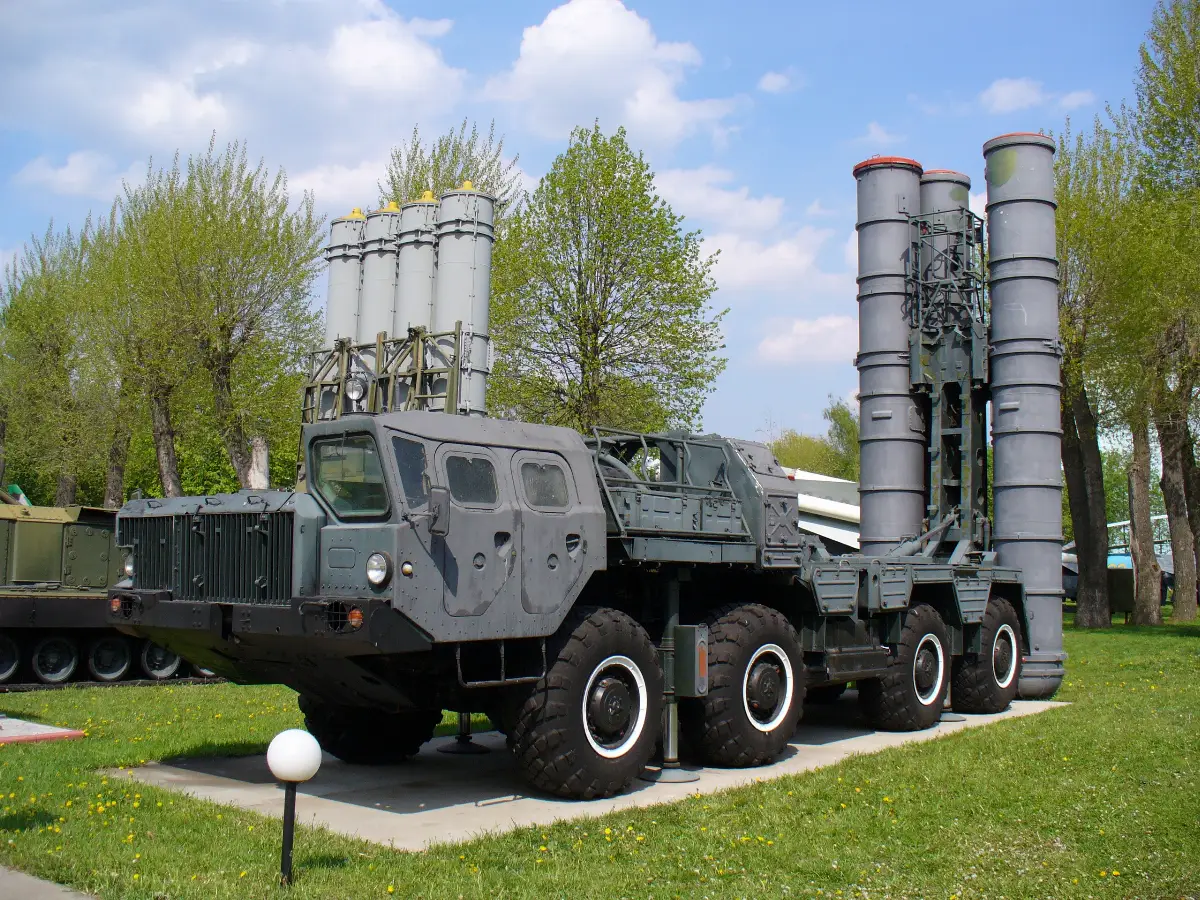
Athens to transfer some of its anti-aircraft systems to Armenia
By embracing Paris' strategy, it supports Yerevan, gets rid of Russian weapons and modernises its Defence

Athens plans to phase out its Russian-made weapons and replace them with more modern technologies as part of a broader push to modernize its military capabilities, according to the Greek National Defense Authority (Geetha). As part of this program, it plans to transfer some of its air defense systems to Armenia.
In the context of this renewal, Greece is developing a multi-layered air defense system, designed to counter threats ranging from drones to ballistic missiles, with an investment of around 2 billion euros. These systems will be mainly supplied by Israel, and include advanced solutions such as the Iron Dome (the mobile weapon system used in Israel for anti-missile defense) and the David's Sling (an intermediate anti-missile defense device).
For Greece, strengthening Yerevan is a strategic choice for many reasons. First of all, the very close alliance ties between the two countries even in recent history, but also for common religious beliefs. In addition, a strong Armenia externally will be an excellent counterweight to Turkish intransigence, which openly supports Azerbaijan. The transfer would also marry the strategy of Paris, which has promised to equip Armenia with modern Thales GM-200 radar systems and short-range MBDA missiles, thus raising the level of Armenian defenses.
The weapon systems that were nominated for concession to Armenia are mainly anti-aircraft and are in service with the Greek Army and Air Force, namely the Russian S-300 missile system, and the TOR M-1 and OSA-AK anti-aircraft missiles. The decision to grant them to Yerevan was also catalyzed by the fact that many of the spare parts needed for their maintenance are of Armenian origin, which therefore has them available. The maintenance of these systems has in fact been the biggest problem for the Greek armed forces, especially after the outbreak of the war in Ukraine and the embargo imposed on Russia. The S-300, which Greece acquired in the S-300 PMU-1 version in the early 1990s, is characterized by long-range interception capabilities, with a range of about 195 km and the ability to simultaneously engage up to six air targets, including aircraft, drones and missiles.
AVIONEWS - World Aeronautical Press Agency